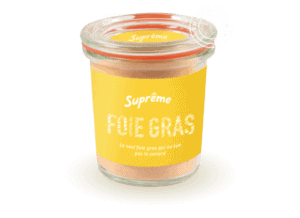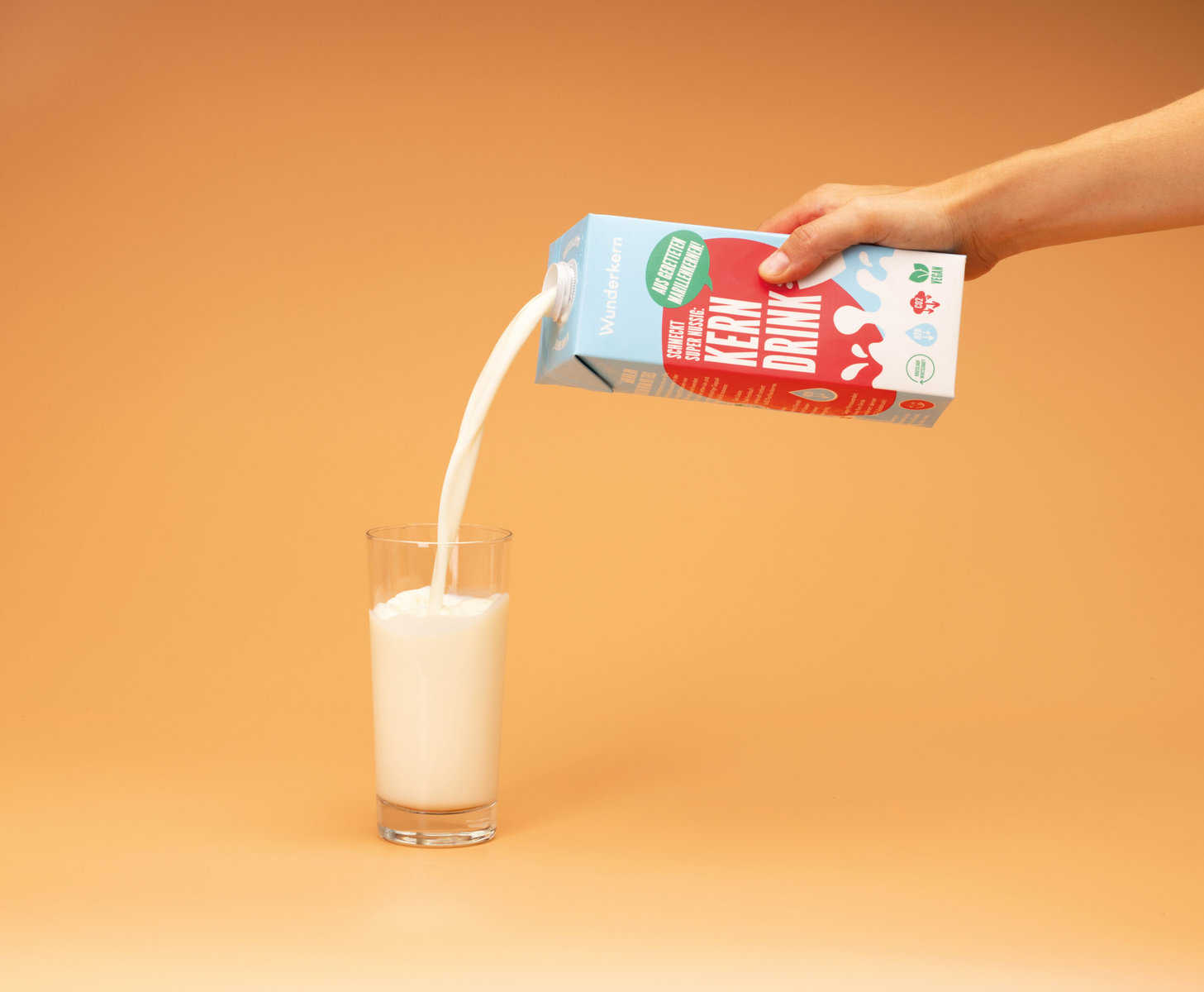
French startup Suprême is currently developing a foie gras which circumvents the cruel use of geese or ducks in the production method of this traditional spread. Suprême is striving to offer a product which is better for the environment, animals and also healthier for its consumers.
In order to create a product similar in taste and texture to the popular French delicacy, Suprême is making use of duck cells, without killing or mistreating any animal. We spoke with CEO and co-founder Nicolas Morin-Forest about this interesting product.
Please introduce your brand to our readers.
Suprême is the first French cultured meat company and our mission is to accelerate the world’s transition to humane, sustainable and healthy meat by harvesting it from cells instead of animals. It was founded end of 2018 by Antoine, Victor and Nicolas, three friends (two biologists and a business person) willing to have a positive impact on the world. We are first reinventing the most controversial French delicacy – foie gras.

How is your foie gras produced and what makes it so special?
We start with a freshly laid egg from a duck from which we take a few cells. We place these cells directly into a “cultivator” where they are fed with basic nutrients, the same nutrients found in ducks’ natural diet (oats, corn or grass for instance). The cells have everything they need so that they keep multiplying indefinitely (once the best cells have been selected, we do not need eggs again). Then we adjust the nutrients and slightly increase the level of good, plant-based fat to obtain delicious, tasty duck foie gras that can then be cooked, seasoned and enjoyed.
What was behind your idea for this production method?
Livestock production is currently estimated to contribute to 15% of greenhouse gas (GHG) emissions and a third of the global land use and water footprint. That is not sustainable. Besides, public health concerns are often associated with animal-based food products and everyday, 150 million land animals are killed for food around the world.
On top of that, meat consumption is projected to double by 2050. We urgently need to come up with new solutions to produce the meat we love as we think it’s unlikely that humanity massively switches to plant-based diets overnight. Producing 1 kilogram of cultured meat this way involves approximately 7 to 45 percent lower energy use, 78 to 96 percent lower greenhouse gas emissions, 99 percent lower land use and 82 to 96 percent lower water use. Without even mentioning the controlled conditions that will improve food safety or the fact that no animal needs to be slaughtered. So cultured meat is definitely part of the solution as it provides the same experience and nutritional benefits without all the bad outcomes!
Since this procedure includes cells derived from animals, do you consider vegans a serious target group for Suprême?
We think anyone who loves foie gras and meat in general but is not comfortable with its impact, wether it’s on the environment or animals, will engage with our brand! So we consider meat lovers as our core target group. Of course vegans are more than welcome as well but we are aware that our products will not appeal to all vegans.
How do you assess French consumers’ interest in sustainable and cruelty-free food?
In France, our love story with foie gras is turning cold. In fact, 75% of French consumers are now uncomfortable with the way foie gras is produced and would love a cruelty-free alternative. The trend is massive, although most of us keep eating foie gras as it’s so deeply rooted in our culinary culture and traditions. So there’s a huge and growing unmet demand.
One of our priorities is to understand how people feel about this new category of products, what are their hopes and questions. We don’t really pay attention to consumer acceptance studies, we prefer spending a lot of time engaging directly with different groups of people, mostly on social media where we’ve already had more than 2,000 conversations. We’re very confident because although a lot of people come up with questions or objections, in fact they very easily understand the benefits of cultured meat if properly explained. The key is to be empathetic and fully transparent. After a short explanation, most people end up saying « Alright then, I’ll follow you if your foie gras is delicious! ». That is truly energizing!
At which stage of development of your product are you for the time being and when do you expect to finalise its recipe? / When will your foie gras be launched and where will it be available?
We have succeeded in our first technical breakthrough: replicating the effect of force-feeding directly at the cell level. So we have the first part of our recipe. Now we need to work on the taste and texture to make sure that when our foie gras hits the market, it’s as delicious as the conventional version. That’s our priority, as well as making sure it’s safe to eat, obviously. We will be working with European regulators on this and it’s hard to put a precise timeline on that regulation process. We are doing our best so our foie gras hits the market by 2022 or 2023. It will first be available online in limited quantities as well as in a few select restaurants.
Do you already have plans to bring more products to the market?
Reinventing foie gras is only the beginning of our journey. We are building a complete production platform around duck cells and we want our next product to be a daily product. We like the idea of a duck burger. Duck meat is a great combination of rich taste and nutrition and it’s very popular in Asia. So we are definitely looking at the Asian market, like any food company willing to have the biggest positive impact should!





